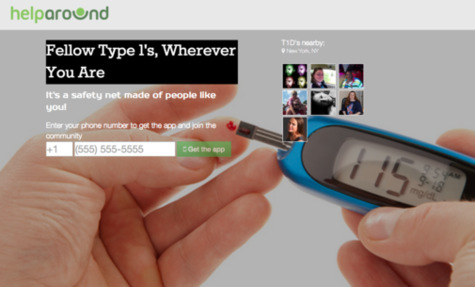The modern internet can be a strange place, and its inner workings have gotten pretty complicated. From a business perspective, the sun now rises and sets on search engines. As lead-seeking businesses have moved from the phone book to Google and friends, a new field has proven itself essential to effective online marketing: search engine optimization (SEO).
If you want your business to thrive in the SEO era, you should understand how these new technologies work, and how recent changes in search engine dynamics affect your visibility. At TalkLocal, buying “Snow-Removal” from Google Adwords actually jump-started our business in a matter of hours and won us our first slew of consumers and business clients during a 2011 snowstorm. In fact, the fact that you’re reading these words right now is all thanks to SEO magic. So, here’s a short primer to teach you the tricks of the trade.
The Page-Crawling Robot Herd
Yes, that’s a real thing. Search engines index the internet by sending autonomous programs (sometimes called “spiders,” “crawlers,” or just “bots”) across the web to collect information. These bots crawl from page to page through links, storing what they see in databases that will one day become search results. If your site has plenty of healthy links, the bots will notice it more and your rank among search results will go up.
It’s important to remember that bots can’t do everything that people can. They can’t understand rich content (images, videos, Flash, etc.) and don’t know how to fill out forms (even one as simple as a search bar). Thus, information hidden within any of these elements is hidden from a search engine.
Keywords
The bots play an important part in search engines, but so do the things that people actually search for. Using keywords taken from high-traffic queries (entertainingly, one of the highest is “ why my google not working ”) can boost your page ranking and land more search engine users on your website.
It’s also important to keep the keywords you use relevant to your content. Keyword stuffing, or nonsensically filling a page with random high-value keywords to attract traffic, can be detected by bots, and may result in a penalty to your search result ranking.
Penguin 3.0
In October of 2014, Google installed an update to its Penguin filter, an anti-spam measure. This update makes it more important for you or your webmaster to get rid of “bad links” leading back to your site, such as those from spam sources and other sites of questionable authority.
The update discounts the ranking credit earned from such links. Thus, if spammers have been linking to your site, even without your knowledge or consent, your search results rank may have taken a big hit – and that why your google not working.
All of this may sound like a lot to keep track of, but the key to SEO success as a small business is just good website maintenance. Make sure your site has a simple layout with quality content, beware of low-authority link sources, and don’t try to spam or cheat the search engine system. Follow these basic guidelines and you’ll be on your way to a high rank – and the high returns that come with it.











